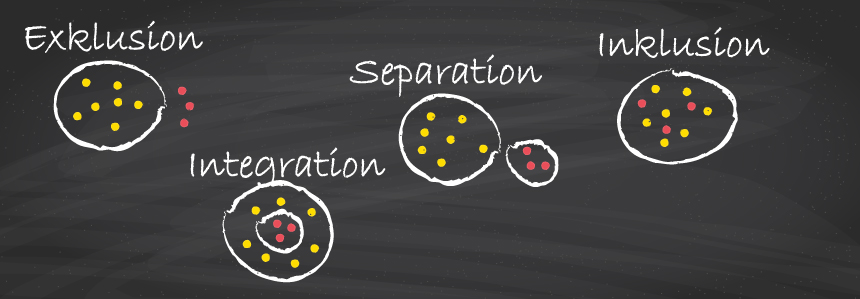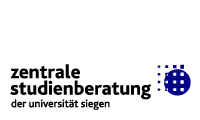Zentrale Studienberatung
im F-S Gebäude
Sandstraße 16-18
57072 Siegen
Erreichbarkeit der
studentischen Hotline:
0271 740-2712
Mo - Do: 9 - 16 Uhr
Fr: 9 - 12 Uhr
Mail:
info.studienberatung[at]
zsb.uni-siegen.de
Terminvereinbarung für eine Beratung über:
0271 740-2712
International Students
You find information about the admission procedure here:
STARTING
Impressum
Social Work

Short Information
| Restricted
admission |
Regular
study time |
Winter
semester |
Summer
semester |
|---|---|---|---|
| no | 4 semester/
8 semester (part time) |
✔ |
Admission procedure
Application required
You can apply here
Degree
Master of Arts
More information
Language of instruction
German
Deadlines
The degree program
Based on a broad scientific foundation of the Bachelor's degree program in Social Work, the Master's degree program is to further deepen theperspective in Social Pedagogy and expand it with stronger theory and research references. In addition to the obligatory module in Social Pedagogy and Social Work Organisation, students choose modules in scientific specialization areas (Childhood under a Social Pedagogic Perspective; Social Differentiation and Difference-Sensitive Pedagogy; Forms of life: Education and Subjectification; Legal Theory and Sociology of Law; Social Problems and Social Change), in interdisciplinary focus areas and have obligatory modules in Research Methods / Research Practice.
Students must choose one of the following interdisciplinary focus areas (Challenges in the Field of Child and Youth Services; Participation of Persons with Disabilities; Social Work in the Field of Criminality) to improve research and profession-related knowledge, get to know the different subject-specific perspectives and develop professional action strategies.
The target of the Master's degree program is acquisition of well-founded subject-specific knowledge and competences for professional work within the diverse fields of Social Work. Possibilities of a scientific/academic career are to be opened up (access to doctoral studies in the subject of Education Science, especially Social Pedagogy).
The Master's degree program is research-oriented. In
contrast to specialising Masters' study programs, the subject
combination program in Siegen is not targeted at specialization
(as, e.g., "Social Management"), but pursues a line of a broad
subject-scientific and research-practical perspective that
opens up many professional options (e.g. managing positions as
youth work planner, work in further training management or
education planning, or contribution to research institutes).
The ability analysing complex (social) problems
for different areas of activity is a central technical
competence. Developing the corresponding intervention and
action strategies from this and being able to review their
efficiency using specific research strategies and methods.
Admission requirements
1) The academic degree of a "Bachelor of
Arts" in Social Work / Social Pedagogy or Pedagogy or a degree
equivalent to the ones named above.
2) The degree qualifying for access must have
been passed at least with the grade "Good" (2.5).
3) The admission to the Master's degree
program is determined by the examination board for Education
and Social Work.
The examination regulations relevant at the time shall
apply.
Study organization
Examination regulations/degree plan/module
manuals/internship rules
Examination regulations (FPOs) specify the basic structures of
a degree program (e.g. admission requirements and contents to
be studied). Students are automatically subject to the current
version of their FPO when they matriculate for their first
subject-related semester. This means that even if the FPO
changes during their studies, the original version according to
which they matriculated will remain valid (provided that the
FPO does not expire).
The respective degree plan is the recommended example progress
of the studies in individual subjects and is part of a FPO.
Supplementary provisions and details for any module to be
studied can be found in the FPO as well (e.g. requirements for
taking a written test or content-related information on the
modules, ...).
We recommend at least looking at the study schedule for your
degree program before the lecture time starts, to ensure that
you know which modules are intended for the start of your
studies. . For further questions and contact persons see FAQ-list Master Social Work: https://www.bildung.uni-siegen.de/biso/wissenschaftliche_koordination/faq_master.html.


